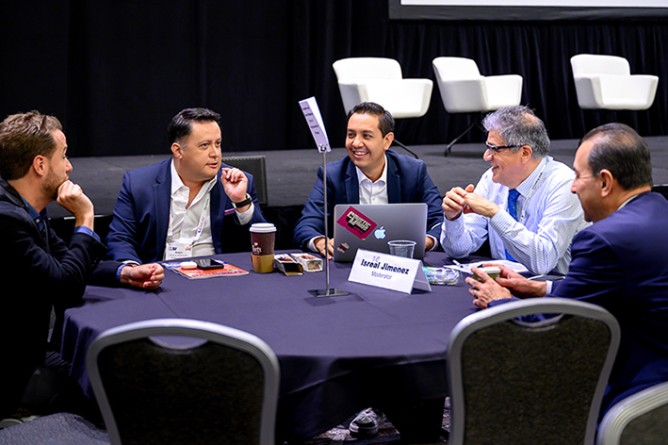In contrast, Mexico has just implemented a law to protect the cultural heritage of indigenous communities. Companies can now only use cultural expressions with the written consent of that community, explained Martín Michaus, a partner with Basham, Ringe & Correa in Mexico City. However, rather than fostering the growth of indigenous communities, some companies have stopped using cultural knowledge, he went on to explain.
But when companies use cultural expressions, it can be appreciation, but it might also be appropriation, said Karen Abraham, a partner at Shearn Delamore & Co in Kuala Lumpur. Abraham explained that Malaysians love the integration of cultures seen in the country, and view it as appreciation of diverse cultures, but that in other countries, similar acts would be viewed as appropriation. In some situations, it is clearly disrespectful to use cultural expressions, Abraham explained, but that the distinction is not always clear, and the system is evolving.
“We have an opportunity to develop a model law for the protection of cultural expressions that could be implemented in various jurisdictions” explained Ralph Nack, the Second Deputy Reporter General of AIPPI, saying that cultural expressions are connected to other forms of IP, particularly geographical indications that limit the manufacture of a product to people from a certain area. Why can a clothing pattern developed by an indigenous group be used for free, when sparkling wine can only be called Champagne if it is from a certain region of France, Nack asked. He encouraged the panel to develop a similar regime for cultural expressions.
At a table across the room, half a dozen patent lawyers had gathered to discuss their experiences with the Patent Cooperation Treaty – and the challenges they had faced in their work. Lawyers from Latin America, the United States, Turkey and China gathered for a session moderated by Rafael Beltrán, CEO of Beltrán Fortuny & Beltrán Rivera in Mexico City. While the discussion covered a broad range of topics related to the PCT, the group was perhaps liveliest while talking about strategies for conducting a comprehensive search – and choosing the right searching authorities for your clients’ particular needs.
With a number of participants from Latin America at the table, Beltrán expressed surprise that some of them didn’t use search results from the European Patent Office more frequently, since those results are not available in Spanish.
“No, we use the EPO with English results,” one participant said.
The choice of searching authorities, the table concluded, ultimately comes down to which one will ultimately allow your client to succeed. If your client’s ultimate goal is registration in Latin America, a Latin American authority may be a good choice, they agreed, but if the client has his eyes set on Europe or the United States, a search from the EPO or USPTO may ultimately be a better choice.
“I often think to postpone the cost of translation and use a Spanish-language search authority,” Beltrán said. “But if you’re going to go the distance anyway, you might just select the search authority that will give you the best odds of success.”
The group agreed that there are so many factors involved in selecting the right searching authority that there clearly is no single answer. It involves, at a minimum, the cost of the search fee, the cost of translation and the quality of the translation you get.
“Our game is a very complicated game,” Beltrán said.
At the conclusion of the AIPPI Café, lawyers assembled at the PCT table seemed to be pleased with the discussion they had just had.
“It’s important for me to know international practice and what other people are seeing,” said Alma Alvarez y Delucio, a partner at Breakthrough IP Intelligence in Mexico City. Alvarez y Delucio said that the AIPPI Café gave her the opportunity to meet with other lawyers on specific topics of interest.
“Life is too short for making mistakes,” said Sibel Gumus, a partner at Efor Patent in Istanbul. “The same is true for the PCT.”
– Darren Barton and Gregory Glass, reporting from San Francisco



_S-content_original.jpg)




